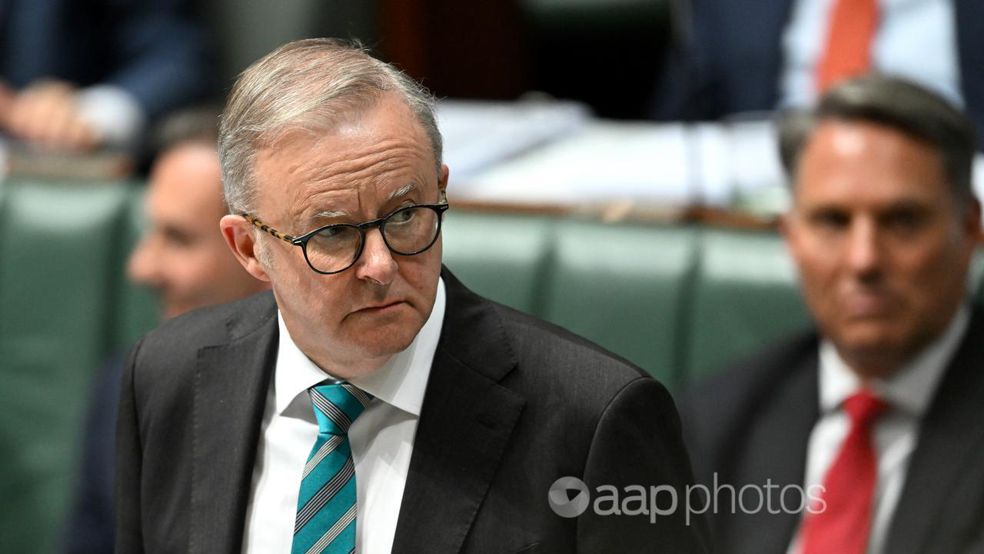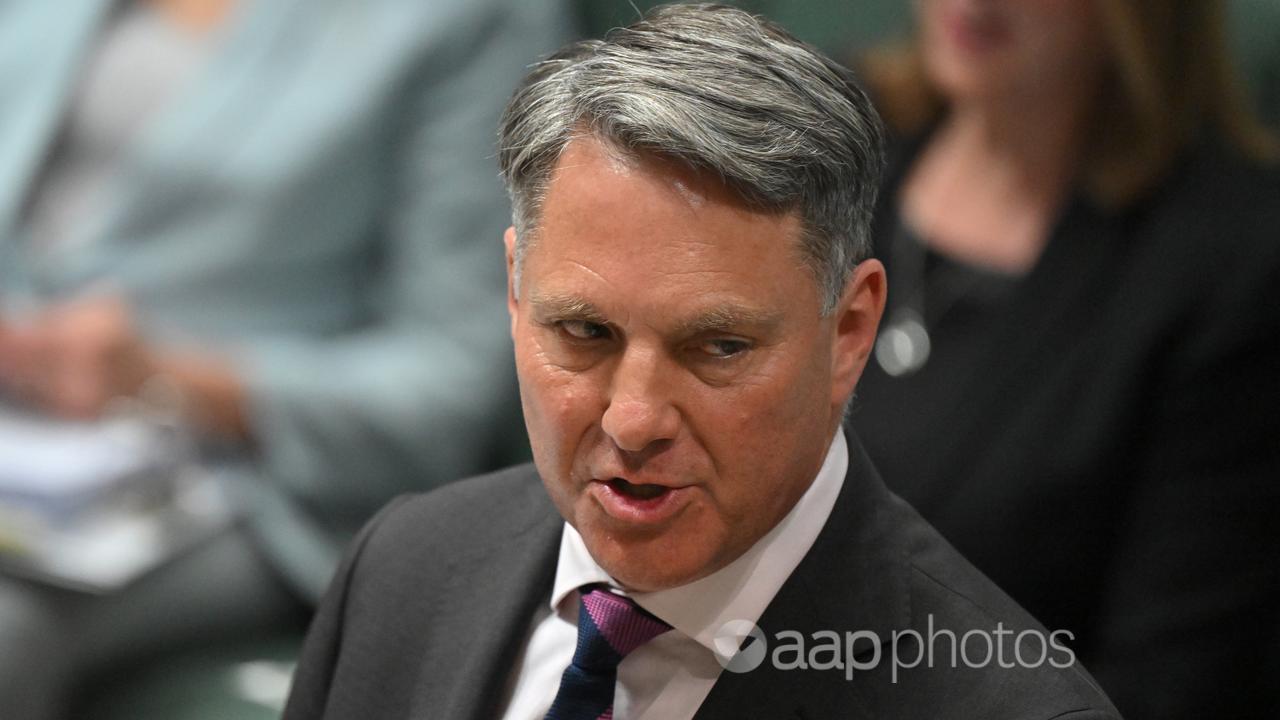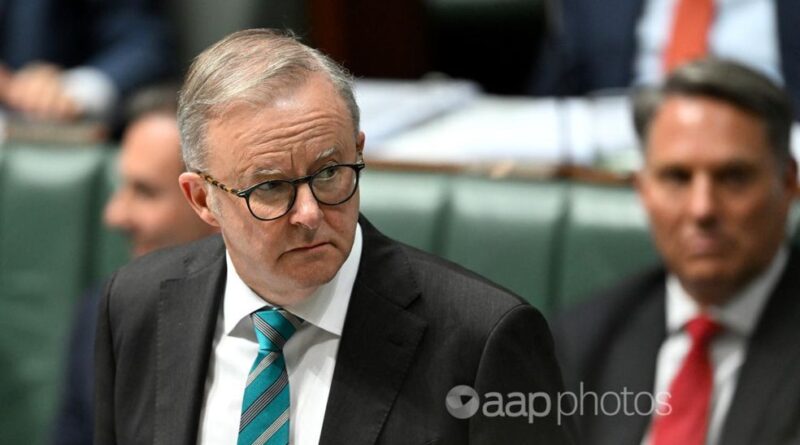Albanese wrong to say ‘nothing has changed’ on Labor census stance
Soofia Tariq
September 3, 2024
WHAT WAS CLAIMED
Nothing has changed about the government’s position on new census questions.
OUR VERDICT
False. Senior members of the government ruled out new questions just days before the prime minister announced a question would be tested.

AAP FACTCHECK – The prime minister has attempted to play down the controversy over gender and sexuality questions in the next census, telling reporters his government’s position on the matter had not changed.
This is false. Senior members of the government ruled out the addition of new questions on gender and sexuality, just days before Anthony Albanese then said a new question would be tested for inclusion.
Mr Albanese faced the media on Saturday August 31, following his announcement 24 hours earlier that the government would ask the Australian Bureau of Statistics (ABS) to test one new census question about sexuality.
One journalist asked the prime minister, on a visit to Rockhampton, “…what has changed between last Sunday when your government announced it would not be proceeding with questions on gender identity and sexuality in the census, and your declaration yesterday morning that the ABS would still be testing a question with a view to include in the census?”
Mr Albanese replied that “Nothing has changed. We are consistent about having a common sense approach to these issues”.

He added: “I think that common sense would see that asking about sexual orientation is a common sense thing to do.”
AAP FactCheck asked the prime minister’s office for evidence that nothing had changed in the government’s position, but did not receive a response.
Some members of the LGBTQI community said they didn’t feel included by the last census in 2021.
Following this, Labor’s 2023 National Party Platform document stated that “LGBTIQ+ Australians should be counted as part of the national census” and it committed to “ensure that the 2026 Census gathers relevant data on LGBTIQ+ Australians” (p76).
In December 2023, the ABS announced it would test five new topics for the census including gender, sexual orientation, and variations of sex characteristics.
A census topic is different from the questions asked on the form, as a topic may have several questions related to it on the census.
However, on Sunday August 25, Assistant Treasurer Andrew Leigh announced no changes to the topics in the 2026 census, hence no new questions.
Mr Leigh said in a statement: “While the Australian Bureau of Statistics tests changes from time to time, it is the decision of the government that there will be no change to the topics in the next census, which will be held in 2026.”
The following day, August 26, ABS chief statistician Dr David Gruen issued a statement saying tests for new questions would not continue given the government’s decision to not include new topics in the 2026 census.
“The test would have included topics that the government has now decided will not be in the 2026 Census,” Dr Gruen said.
On Wednesday, August 28, journalists asked Deputy Prime Minister Richard Marles why the potential new questions had been scrapped.

“…we do not want to open up divisive debates in the community now,” he said.
“We’ve seen how divisive debates have played out across our country, and the last thing we want to do is inflict that debate on a sector of our community right now.
“That’s why we are taking, in broad terms the set of questions that went to the last census.”
The following morning, Treasurer Jim Chalmers told ABC Radio National the decision was an attempt to “try to avoid some of the nastiness that sometimes accompanies that in the lead‑up to the census”.
Later on Thursday, it was revealed two Labor MPs, Josh Burns and Peter Khalil, had broken ranks over the party’s decision.
Then, on Friday, Mr Albanese addressed the issue again in an interview with ABC Radio Melbourne.
“Well, we’ve been talking with the Australian Bureau of Statistics and they’re going to test for a new question,” Mr Albanese said.
“One question about sexuality, sexual preference…we think that is a common sense position…” (AAP)



